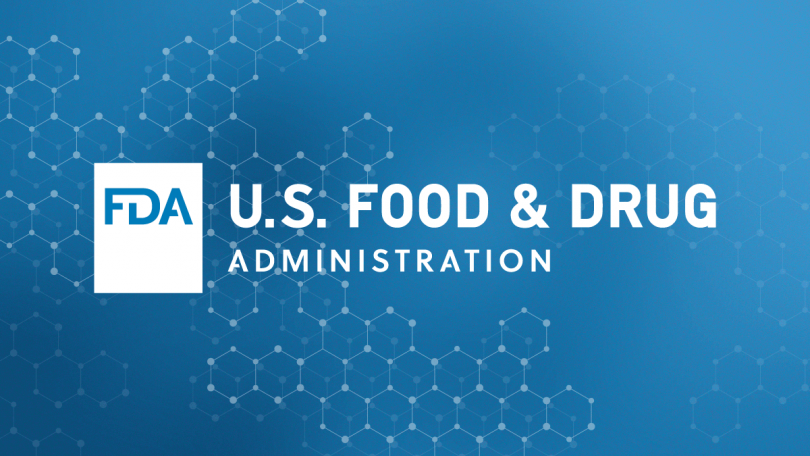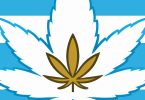There’s no denying that the boom in cannabidiol- (CBD) infused foods continues. What’s also undeniable is that CBD-infused ingestibles are not approved by the Food and Drug Administration (FDA). In fact, FDA has unequivocally declared that companies distributing these products risk serious legal liability.
At its disposal, FDA has various tools for enforcing its regulations. At the lighter end of its toolbox is the warning letter, which has been the primary go-to for FDA when dealing with CBD-infused ingestibles. The warning letter is usually the first step in any action taken by the agency. Currently, it’s the only enforcement action taken by FDA in the CBD industry, besides a recall for a CBD product that contained too much led (not because it had CBD).
However, there are other actions available, such as the Form 483 letter. It is issued after an inspection comes up short. FDA may also seize adulterated products or products that have been mislabeled. This type of action is not common but recalls, another type of enforcement, are. Many are voluntary, but some are not. About 5,000 are issued on average each year.
Injunctions, also rarely used, can be issued by the agency through the Justice Department. They effectively seek to stop the offending action. Additionally, FDA may seek civil penalties for violations that can run as high as $389,550 per violation.
In more serious cases, FDA may recommend criminal charges to the Department of Justice. Charges may be brought at the misdemeanor and felony level and come with penalties ranging from $100,000 to $500,000, depending on the seriousness of the offenses and whether or not bodily injury or death occurred.
As stated earlier, FDA has not gone past warning letters for businesses selling and distributing CBD-infused ingestibles (besides the recall for lead). However, this is no guarantee that the agency will not begin to take further action in the future.
Image Source: https://www.fda.gov/










